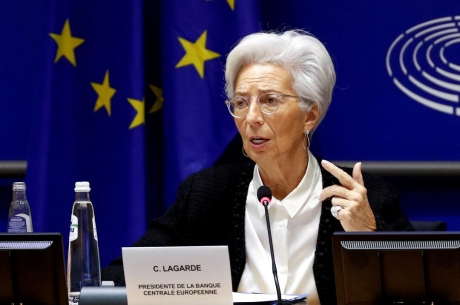Today, the Office for National Statistics (ONS) has revealed that UK inflation rose to 2.2% in July 2024, up from 2.0% in June. This marks the first uptick in inflation since December 2023, and it pushes the rate above the Bank of England’s 2% target for the first time in several months.
The ONS attributed the rise in inflation primarily to the housing and household services sector. Notably, the prices of gas and electricity played a significant role, as they fell by less than they did during the same period last year. This smaller decrease in energy prices contributed to the upward pressure on the Consumer Prices Index (CPI) and the broader Consumer Prices Index including owner occupiers’ housing costs (CPIH).
Despite this increase, core inflation—which excludes volatile items such as food and energy—dropped to 3.3% in July, down from 3.5% in June. This suggests that underlying price pressures may be easing slightly, even as headline inflation ticks up.
In a somewhat surprising development, the largest downward contribution to inflation came from the restaurants and hotels sector. Hotel prices, which had risen sharply in July last year, fell this year, providing some relief to the overall inflation figures. This sectoral decline helped to offset some of the inflationary pressures from housing and household services.
Economists had anticipated a slight rise in inflation for July, with predictions centring around a 2.3% increase. The actual figure of 2.2% came in just below these estimates, reflecting a more moderate rise than expected. Nevertheless, this increase represents a reversal of the steady downward trend that had been observed earlier in the year.
The uptick in inflation is likely to rekindle debates within the Bank of England regarding the future direction of interest rates. After inflation had finally hit the central bank’s target of 2% in May, there had been growing anticipation of a potential interest rate cut which finally occurred in August. However, the July inflation figures may complicate these plans, particularly if inflationary pressures persist in the coming months.
The ONS report also noted a decline in services inflation, which fell from 5.7% to 5.2%. This is a key measure closely watched by the Bank of England as it often reflects domestic inflationary pressures. The reduction in services inflation could be seen as a positive sign for policymakers, although the overall rise in CPI may temper optimism.
Neil Rudge, chief banking officer for commercial at Shawbrook, said: “While a rise in inflation is always disappointing, it’s crucial to recognise that this increase is largely driven by specific factors including a comparatively smaller drop in the price of household energy – perhaps the “Taylor Swift effect” is in play after all where heightened demand for travel, accommodation, and related services temporarily inflated prices, so there’s no need for concern just yet. Indeed, the increase doesn’t necessarily reflect the broader economic trend. In fact, most indicators continue to point towards a downward trajectory in inflation.
“The recent base rate cut is expected to stimulate economic growth, encouraging businesses to revive growth plans that may have been paused due to higher borrowing costs. We’re seeing consistently high number of enquiries from both new and existing business customers—a positive sign that UK SMEs are feeling more optimistic about the future. Whether the Bank of England opts for another rate cut or holds steady next month, the increased confidence in our economy should inspire businesses to pursue more ambitious growth initiatives.”
Scott Douglas, Capital Markets Director at international finance firm Centrus, commented: “A slight rise in inflation will put a halt to any lingering prospect of a further interest rate cut in September. The previous cut was finely balanced with five votes against four and the Bank of England will want to ensure that further rate cuts do not cause inflation to run ahead of the 2% target.
“Robust wage growth and sticky services inflation have caused a slight uptick in this month’s figures, which will be weighing firmly on the Bank of England’s mind combined with the surprise fall in the most recent unemployment figures. Geopolitical events continue to cause volatility, and businesses will need to ensure they are able to navigate an environment that remains uncertain. Robust hedging strategies and risk management tools should continue to be an important part of any firm’s arsenal to mitigate the impact of any potential shocks over the coming months and provide certainty for business planning.”









